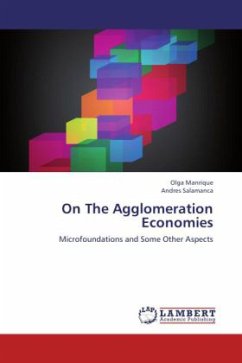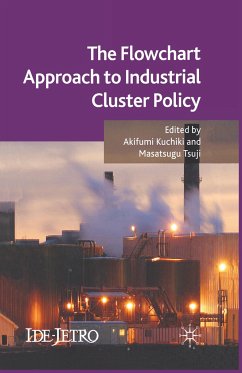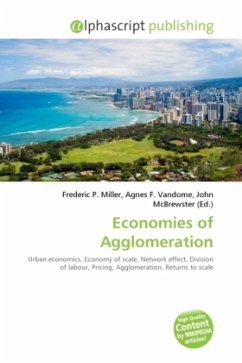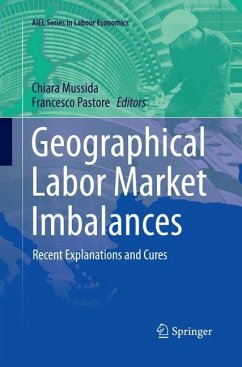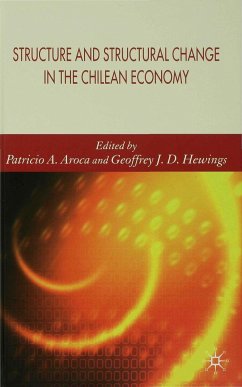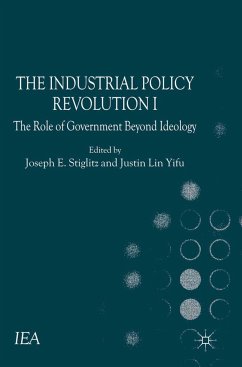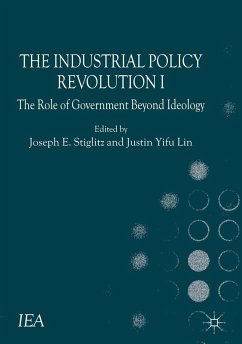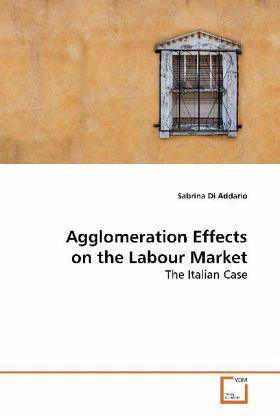
Agglomeration Effects on the Labour Market
The Italian Case
Versandkostenfrei!
Versandfertig in 6-10 Tagen
32,99 €
inkl. MwSt.

PAYBACK Punkte
16 °P sammeln!
This book analyses empirically the impact of industrial and urban agglomeration on various aspects of the Italian labour market, examining in particular whether they lead to wage and labour mobility differentials, or whether they affect the probability of searching and the likelihood of finding a job conditional on having searched. Results show that: a) working in an industrial district does not provide average wage premia, reduces returns to education, does not affect returns to seniority, while raising blue-collar worker mobility across jobs and increasing the probability of being employed, ...
This book analyses empirically the impact of
industrial and urban agglomeration on various
aspects of the Italian labour market, examining in
particular whether they lead to wage and labour
mobility differentials, or whether they affect the
probability of searching and the likelihood of
finding a job conditional on having searched.
Results show that: a) working in an industrial
district does not provide average wage premia,
reduces returns to education, does not affect
returns to seniority, while raising blue-collar
worker mobility across jobs and increasing the
probability of being employed, of starting a
business, of making a transition from payroll
employment to entrepreneurship; b) every additional
100,000 inhabitants in the local labour market
increases earnings by 0.1 percent, while not
affecting returns to experience and reducing returns
to education and to tenure with current firm; c)
both urbanization and industry localization raise
job seekers'' chances of finding employment, while
neither of them affects non-employed individuals''
search behaviour.
industrial and urban agglomeration on various
aspects of the Italian labour market, examining in
particular whether they lead to wage and labour
mobility differentials, or whether they affect the
probability of searching and the likelihood of
finding a job conditional on having searched.
Results show that: a) working in an industrial
district does not provide average wage premia,
reduces returns to education, does not affect
returns to seniority, while raising blue-collar
worker mobility across jobs and increasing the
probability of being employed, of starting a
business, of making a transition from payroll
employment to entrepreneurship; b) every additional
100,000 inhabitants in the local labour market
increases earnings by 0.1 percent, while not
affecting returns to experience and reducing returns
to education and to tenure with current firm; c)
both urbanization and industry localization raise
job seekers'' chances of finding employment, while
neither of them affects non-employed individuals''
search behaviour.




